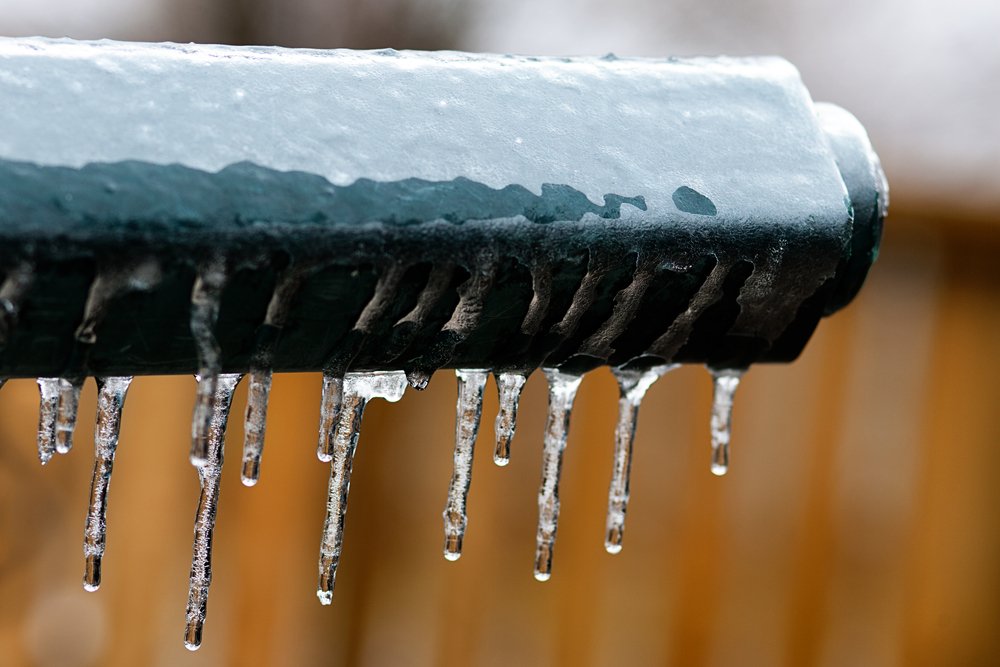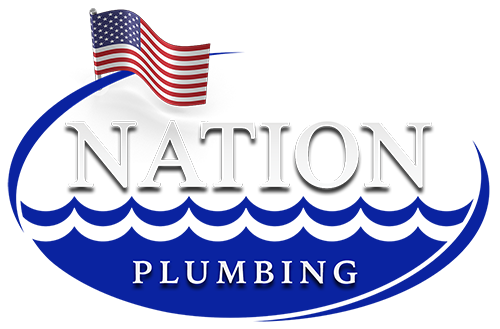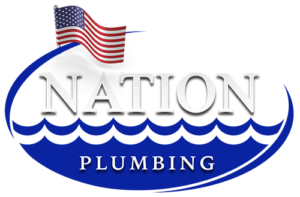
Given the very warm fall we’ve had so far this year, it’s hard to imagine frozen anything let alone frozen pipes. Still though, this is a very common occurrence during the wintertime, especially in our surrounding communities. Frozen pipes can create a good deal of damage if they’re not dealt with properly. After all, as water in the pipes freeze, it expands and puts pressure on the walls of the pipe—eventually leading to a pipe rupture.
As you might imagine, this is a costly and inconvenient problem. So to protect your pipes from freezing like this, we’ve shared a few steps below that you can take. Keep reading to learn more, and be sure to contact our team if you do end up with damaged plumbing or need help preventing damage.
Open Your Outdoor Faucets
Once you’re done using your outdoor faucets for the season, such as those you use for sprinklers or hoses, go around and turn off water flow to each of these points. Then, open the faucets and drain any water that’s left, and leave the faucets open.
You might even want to consider picking up insulated caps for your hose and faucet openings.
Disconnect Outdoor Hoses
Disconnect any hoses you may have used outside during the summer. Be sure that just like your outdoor faucets, you drain them all the way. Then, store them in a warmer location such as a shed or garage.
Insulate Exposed Pipes
This is possibly the most important tip we can share. There are pipes you use frequently in your home that are sensitive to freezing temperatures but have to remain in use. In other words, unlike your outdoor faucets, you can’t just open the faucets and shut off the water supply. This typically includes pipes that are under the sink, in crawlspaces, or exposed in unfinished basements.
To protect these vulnerable pipes from freezing, the easiest thing you can do is get some pipe insulating sleeves from your nearest hardware store. This will help keep the temperature of the water in the pipes from dropping too low.
If you don’t have insulating sleeves, you can use towels instead. The most important thing here is to try to keep the pipes as warm and insulated as possible.
Keep Your Cabinets Open
You might be scratching your head with this suggestion. Think about it, though—plumbing fixtures in bathrooms and kitchens are often beneath sinks and run behind the walls that lead outdoors—making them susceptible to freezing.
However, if you leave the cabinets where these plumbing fixtures are open, then the warmth from your heating system will reach them, and they’ll be less likely to freeze.
What If Your Pipes Freeze Anyway?
What if you take the appropriate steps to protect your plumbing, and wind up with frozen plumbing anyway? If this occurs, it’s imperative that you get in touch with a professional plumber to handle the issue.
Attempting to thaw the pipes yourself can cause more harm than good to your plumbing system. Additionally, you might unintentionally cause injury—keep in mind, as we mentioned above, that pipes can burst as they thaw, due to the pressure buildup in the rest of the pipe.

